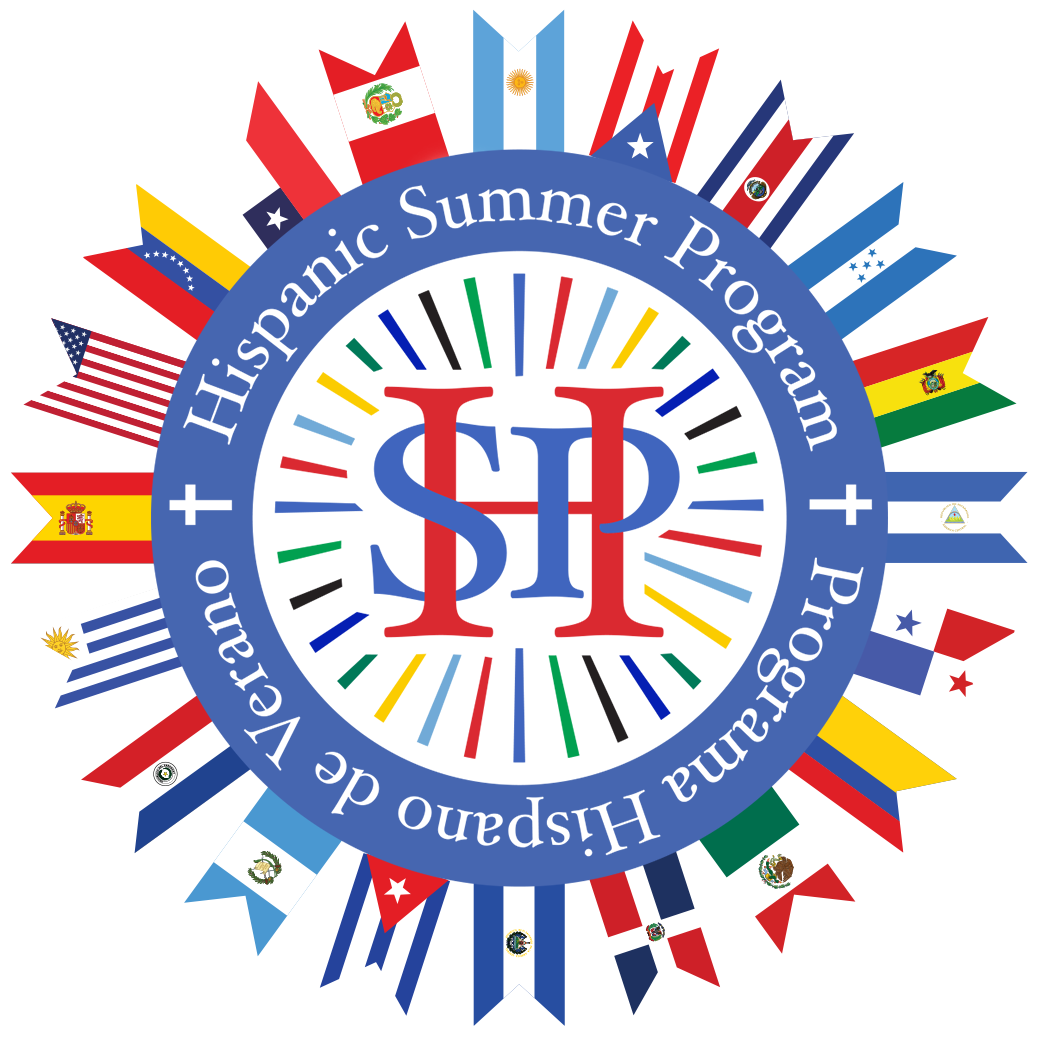HSP Guest Blogger: Herron Gaston (Yale Divinity School)
For two weeks I was immersed in culture, community, and academia. The Hispanic Summer Program was an invaluable experience that affirmed, challenged, and stretched me in ways that I never imagined. Out of the 60 or so students in attendance, I was the only student representing Yale University for the 2012-2013 academic year.
Out of a laundry list of theological courses offered at the Oblate School of Theology, I chose to take worship and liturgy. I found this to be an extremely valuable course that has added much to my spiritual growth and development. This course was particularly fascinating as it presented an opportunity to promote unity and collaboration among ethic and non-ethnic persons, and benevolently challenged us to see and appreciate a diversity of worship styles. I focused my work on creating a prison-focused liturgy for the primarily brown and black men who are impacted, exploited, and swallowed up by the prison industrial complex.
I experienced the program as a chance to study theology outside of my social location. In a global and diverse economy we cannot afford to overlook or underestimate unrepresented groups and their endless contributions to theological education. I learned that education is not linear, but rather unchained in its reach and scope. It has taught me to read widely and to engage the biblical text with a different set of lenses.
I would also like to point towards the changing demographics in U.S. churches as one important reason for YDS students, and any other seminary student for that matter, to participate in the program, The Latino church is growing, and racial, cultural and ethnic diversity within church is increasing. As future pastors, ministers and counselors it is important to be committed to making the 21st century church open and hospitable to a wide palette of diversity issues.
The program helped expand my network of colleagues who are interested in addressing racial injustice in the U.S. penal system and has fueled his continued study of issues of mass incarceration with a reading course at Yale Divinity School.
I think there is value to having a liturgy that represents various cultures, even if the congregation is more or less mono-cultural. At the very least I think this opens us up to different perspectives and liturgical world-views other than our own.
The church, especially in the American context, has long been overwhelmingly mono-cultural during Sunday morning worship, and remains one of the most segregated institutions in America and across the world. If in fact the Kingdom of God is reflective of all creation, then I think our churches should indiscriminately reflect such universality.
Each day I and four other seminarians were responsible for leading the worship service. With many faces, languages, heritages, and experiences, we gathered as one ecumenical community to praise and worship God. This experience was truly a celebration—a celebration, and an invitation to share faith stories, testimonials, gifts, and God-given talents. It was an open space that promoted harmony over uniformity and Christological assimilation. And for the first time in a long time, I felt like I was in an environment that fully embraced my ecclesial culture and readily identified with my theological convictions. It challenged me to draw the circle wider—to journey outside of my social context and place of comfort—into the wandering lands of our neighbors, and to dream and long for a church with borderless boarders and that extends radical hospitality to both friend and stranger.

